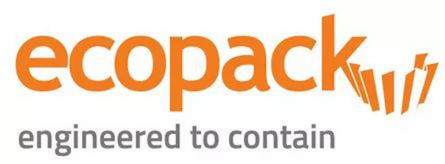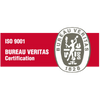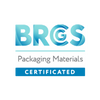4.4 min read
PFAS-Free: 1 mindset, endless impact
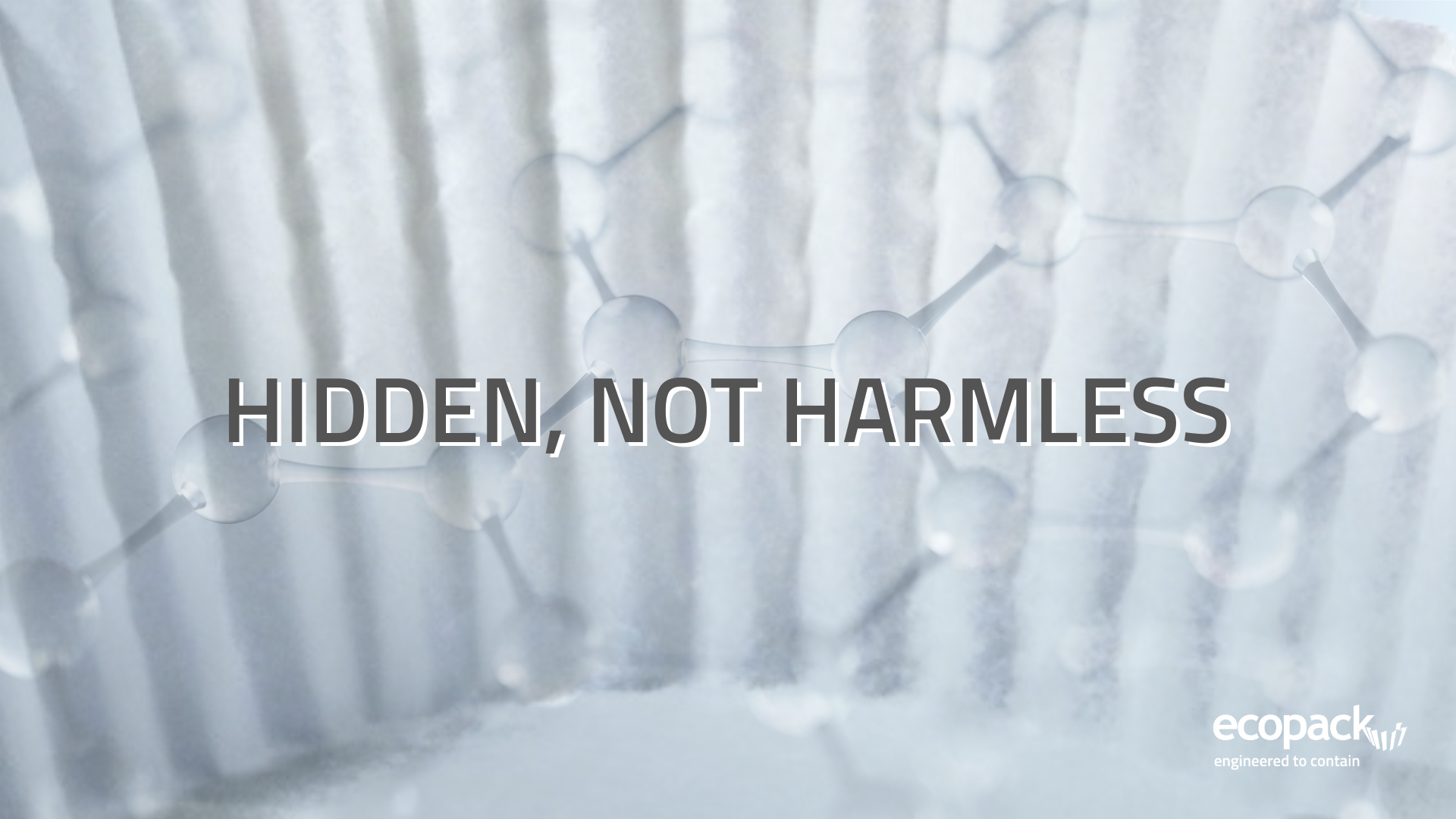
Imagine chemicals so tiny they’re invisible, yet so persistent they can stay with us for decades. PFAS are one of them, out of sight, but potentially harmful. That’s why we’ve chosen to make our paper baking moulds PFAS-free.
But, what are PFAS? And where can you find them?
Let’s start with some chemistry: PFAS, or Per- and polyfluoroalkyl substances, are a group of human-made chemicals chains, that have been utilized for decades in various industries due to their water-resistant and grease-proof properties.
Over the past 50 years companies producing fluoropolymer coatings have expanded into new markets and applied these chemicals properties to different products, such as non-stick cookware, waterproof clothing, food packaging and even firefighting foams.
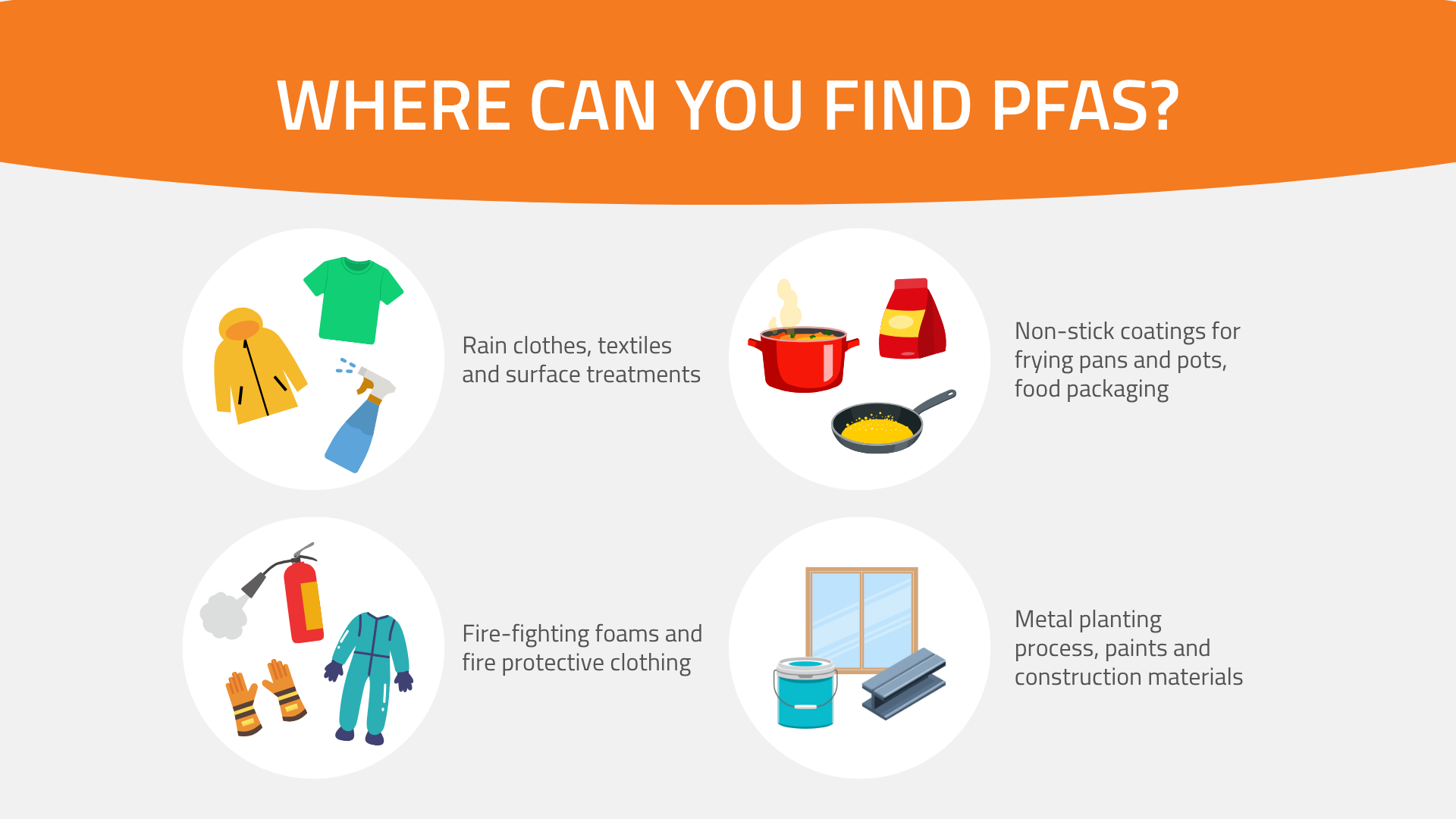
Why are they dangerous?
Unfortunately, water and grease resistance are not their only properties.
With time, we discovered that these chemicals are extremely volatile, meaning that they can float quite easily from the product they have been used on, and get into the atmosphere: they can contaminate soil, water, air, food and the human body.
Moreover, they can travel very long distances, spreading the contamination further and further: industrial discharges, improper waste disposal, and the use of PFAS-containing products contribute to the widespread presence of these substances.
Finally, PFAS are incredibly persistent: these substances decay very slowly, earning them the name of forever chemicals.
As a result of these properties, PFAS accumulate in the environment and in living organisms, including humans, contaminating them and potentially causing health effects such as liver damage, immune system dysfunction, and an increased risk of certain cancers.
Given their widespread use, the topic raises red flags for public health.
What about Ecopack? The danger in baking moulds
One problematic application of these chemicals is their use in baking moulds.
Greaseproof and non-stick properties make PFAS an attractive choice for such moulds, but when subjected to high temperatures during baking, these chemicals can release toxic fumes, and toxic particles can stick to the food and be ingested.
As a result, there is a growing movement towards finding safer alternatives for baking moulds to protect both consumers and the environment.
As of today, we offer our entire range of product in PFAS-free paper.
The world has started to act
Recognizing the environmental and health risks posed by PFAS, both national and international authorities are advancing new measures to restrict or ban these substances. Some compounds, such as PFOS and PFOA, have been banned for years, while others, including C9-C14 PFCA (since February 2023) and PFHxS (since August 2023), are now also prohibited in the EU/EEA.
In the United States, several states such as California, New York, and Michigan have already adopted or proposed restrictions on the use of PFAS in certain consumer products and manufacturing processes.
In Europe, Denmark, Germany, the Netherlands, Norway, and Sweden jointly submitted to ECHA a comprehensive proposal in January 2023 to restrict all PFAS uses under the REACH Regulation. After a large public consultation in 2023, ECHA’s scientific committees (RAC and SEAC) are now reviewing the proposal, with final opinions expected by the end of 2026.
Meanwhile, Denmark has gone further by adopting a national ban on PFAS in clothing, footwear, and water-repellent agents, which will take effect on 1 July 2026. Other sectors, including food packaging and paper-based materials, are also being assessed at the European level, as the EU moves toward a broad and long-term phase-out of PFAS.
Addressing the Challenge
It’s crucial that we stay informed about the products we use, advocate for sustainable alternatives, and support policies that aim to reduce the prevalence of PFAS in our daily lives.
By understanding the specific dangers posed by these chemicals in baking moulds and the regulatory actions being taken, we can make informed choices that contribute to a healthier and more sustainable future.
Do you find our articles useful? If so, please comment or send us a message on our LinkedIn company page!
